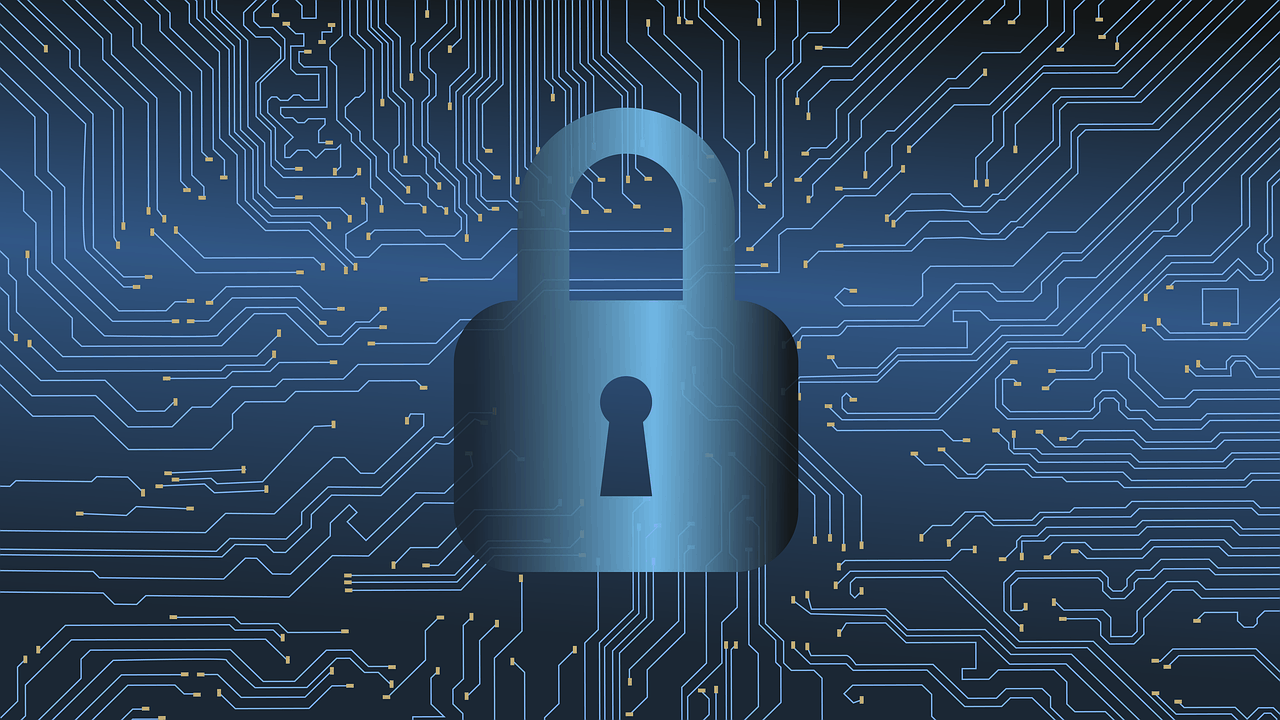The recent record-breaking cyberattack on a major IT management software company, demanding a $70 million ransom, has put cybersecurity in the spotlight. Cybersecurity techs small businesses should implement are no longer optional—they’re essential. Contrary to the myth that only large enterprises are targeted, recent breaches reveal that small businesses are actually more vulnerable. With limited security infrastructure, they become easy prey for cybercriminals. That’s why implementing the right cybersecurity technologies is a critical step every small business must take now.
Basic Cybersecurity Measures for Small Businesses
Small business owners often feel restricted by tight budgets. But enhancing cybersecurity doesn’t always mean expensive tools. Let’s break down cost-effective and vital cybersecurity techs small businesses should implement today:
1. Enforce a Strong Password Policy
Passwords remain a foundational security element. Encourage long passwords with upper/lowercase letters, numbers, and symbols. Prevent password reuse, and update them regularly. Deploy a password management tool and ensure Multi-Factor Authentication (MFA) is enabled on it.
2. Set Up Multi-Factor Authentication (MFA)
Adding an extra layer of login security helps prevent unauthorized access, even if passwords are compromised. Use authenticator apps or, better yet, security keys wherever supported. Even SMS-based MFA is better than none.
3. Deploy Endpoint Security Software
Install reputable third-party endpoint protection tools on all company devices. These software solutions offer enhanced protection against malware, phishing, and other threats targeting endpoints like laptops and desktops.
4. Encrypt Hard Drives and SSDs
Protect data at rest by enabling full-disk encryption. This way, even if a device is lost or stolen, its data remains inaccessible without the encryption key.
5. Apply Software Patches Promptly
Keep all software updated. Yes, patching can be tedious and occasionally buggy, but not applying updates leaves systems exposed to known vulnerabilities.
6. Backup Data Regularly
Follow the 3-2-1 backup rule: Keep three copies of your data, stored on two different types of media, with one stored offsite. Test backups frequently to ensure they’re working when you need them most.
7. Educate and Train Employees
Most security breaches happen due to human error. Train employees to recognize phishing attacks, use strong passwords, and follow the company’s IT policies. Regular training refreshers are key.
Advanced Cybersecurity Techs for Small Businesses
If you’re ready to go beyond the basics, consider implementing these advanced cybersecurity solutions:
8. Deploy a Unified Threat Management (UTM) System
A UTM solution combines firewall, antivirus, anti-spam, intrusion prevention, URL filtering, and more into a single system. It simplifies security management and is ideal for small businesses with limited IT staff.
9. Establish a Secure VPN
As remote work grows, VPNs ensure that data traveling between remote employees and your internal network remains encrypted. Use certificate-based authentication and disable split tunneling to ensure traffic passes securely through your business network.
Want Expert Help Securing Your Business?
If you’re overwhelmed or unsure where to begin, consult with a local Managed IT Services Provider. At Turbo IT Solutions, we help small businesses in Vancouver implement cybersecurity techs tailored to their needs—affordably and effectively.
You may also be interested in:
How Much Do Managed IT Services Cost Vancouver Businesses
FAQs
Q1. Why are small businesses a common target for cyberattacks?
Small businesses often lack the cybersecurity infrastructure of larger companies, making them easier to breach. Hackers know this and frequently exploit it.
Q2. What’s the most cost-effective cybersecurity tech a small business can start with?
Implementing a strong password policy with MFA is one of the simplest yet most effective ways to protect against unauthorized access.
Q3. Is antivirus software still necessary if we use built-in protections like Windows Defender?
Yes. While built-in tools are helpful, dedicated endpoint security software typically offers more robust and regularly updated threat protection.
Q4. How often should we back up our data?
Ideally, daily. But more importantly, backups should be automated, stored in multiple locations, and tested regularly.
Q5. Can I manage all this without an IT department?
While some tools are user-friendly, working with a Managed IT Service Provider can ensure comprehensive protection without the need for a full-time IT team.




